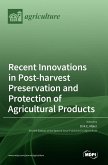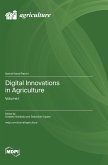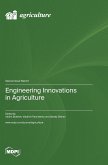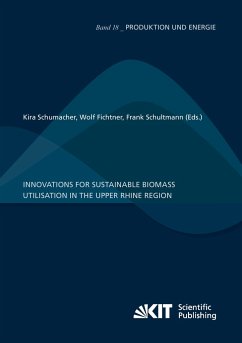Pyrosequencing is a DNA sequencing technique that involves sequencing by synthesis, and employs a series of enzymes to detect nucleic acid sequences during the synthesis and enables qualitative analysis of the DNA. A major advantage of this technique is that the labeled primers and nucleotides, as well as gel-electrophoresis is not required. The method requires minimal amounts of samples and gives a high throughput at a lower cost. Besides, the sequence reaction time per base calling is shortened, with higher accuracy, better automation and parallel processing. Pyrosequencing offers a valuable tool for obtaining and analysis of accurate data, identification of new alleles, polymorphic genetic markers, especially Single Nucleotide polymorphisms.The primary purpose of this book is to discuss basics of the Pyrosequencing technology and its key features, including the general sequencing modes, limitations, and future applications. We look forward to feedback by our readers
Hinweis: Dieser Artikel kann nur an eine deutsche Lieferadresse ausgeliefert werden.
Hinweis: Dieser Artikel kann nur an eine deutsche Lieferadresse ausgeliefert werden.








